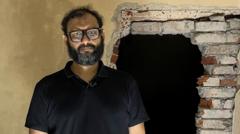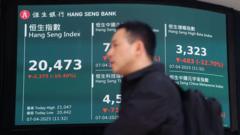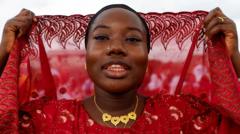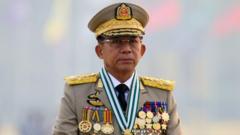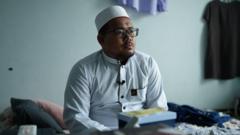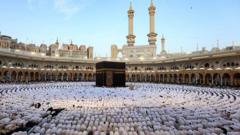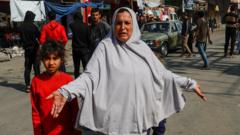As the holy month of Ramadan concludes, political parties in Bangladesh leverage iftar parties to signal potential coalitions and navigate the changing political landscape following the fall of a long-standing authoritarian regime.
The Political Feast: Iftar Parties Shape Bangladesh's Future

The Political Feast: Iftar Parties Shape Bangladesh's Future
In Dhaka, iftar gatherings during Ramadan have become pivotal for forging new political alliances in a transforming Bangladesh.
As the sun dips below the horizon during the sacred month of Ramadan, a remarkable stillness envelops Dhaka, Bangladesh's bustling capital. Known for its vibrant chaos and relentless traffic, the city momentarily transforms as its streets clear in anticipation of iftar, the meal that breaks the daily fast for devout Muslims. Amidst this shift, political parties are acutely aware of the influence that a shared meal can have on their strategies and legacy.
Iftar parties have become a focal point this Ramadan, closely monitored for potential political alliances following the ousting of Sheikh Hasina, the authoritarian figure who held power for years. In a season marked by uncertainty, the guest lists and seating arrangements at these gatherings provide critical insights into upcoming shifts in Bangladesh’s political arena.
One notable iftar event was hosted atop a rooftop restaurant by the Gono Odhikar Parishad, a relatively small political faction born from the student-led protests of 2018, whose virulent calls for change recently culminated in the summer overthrow. The gathering attracted a notable mix of veteran politicians and fresh faces, signaling an eagerness for collaboration amid the political vacuum created by hastily changing regimes.
Participants scrutinized not only the identities of attendees but also the proximity of various party leaders to one another, drawing conclusions about the possible alliances that could emerge in light of past grievances and shared aspirations. As Bangladesh grapples with its post-Hasina identity, these iftar parties evolve beyond mere religious observance to serve as a textured narrative of hope, survival, and perhaps the nascent seeds of a new political dawn.







